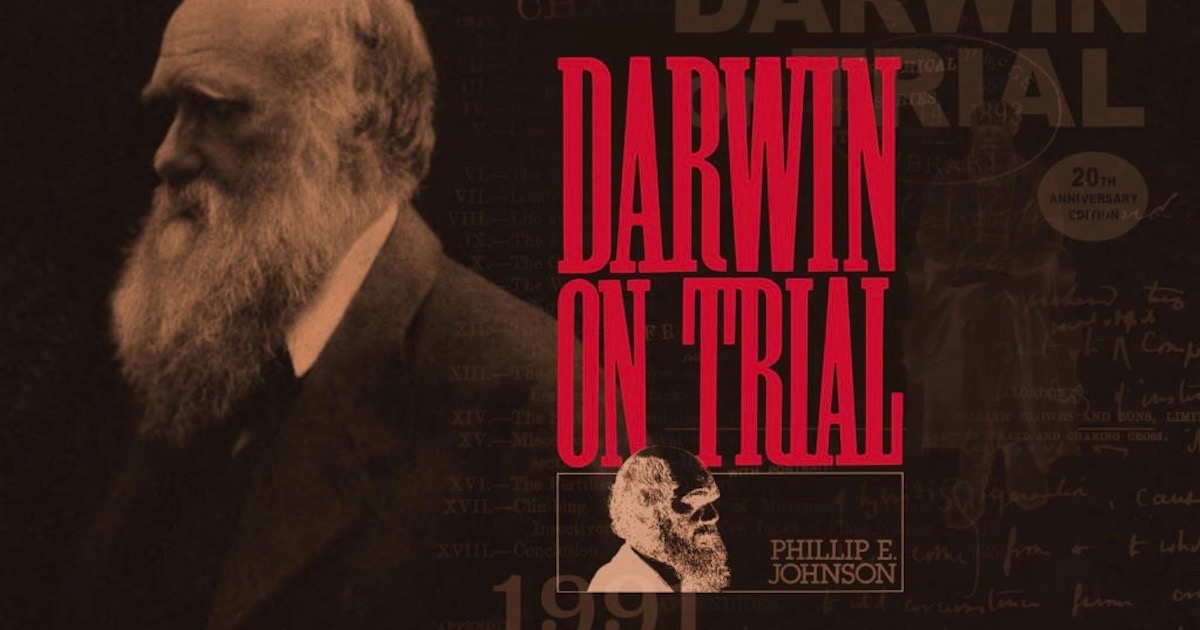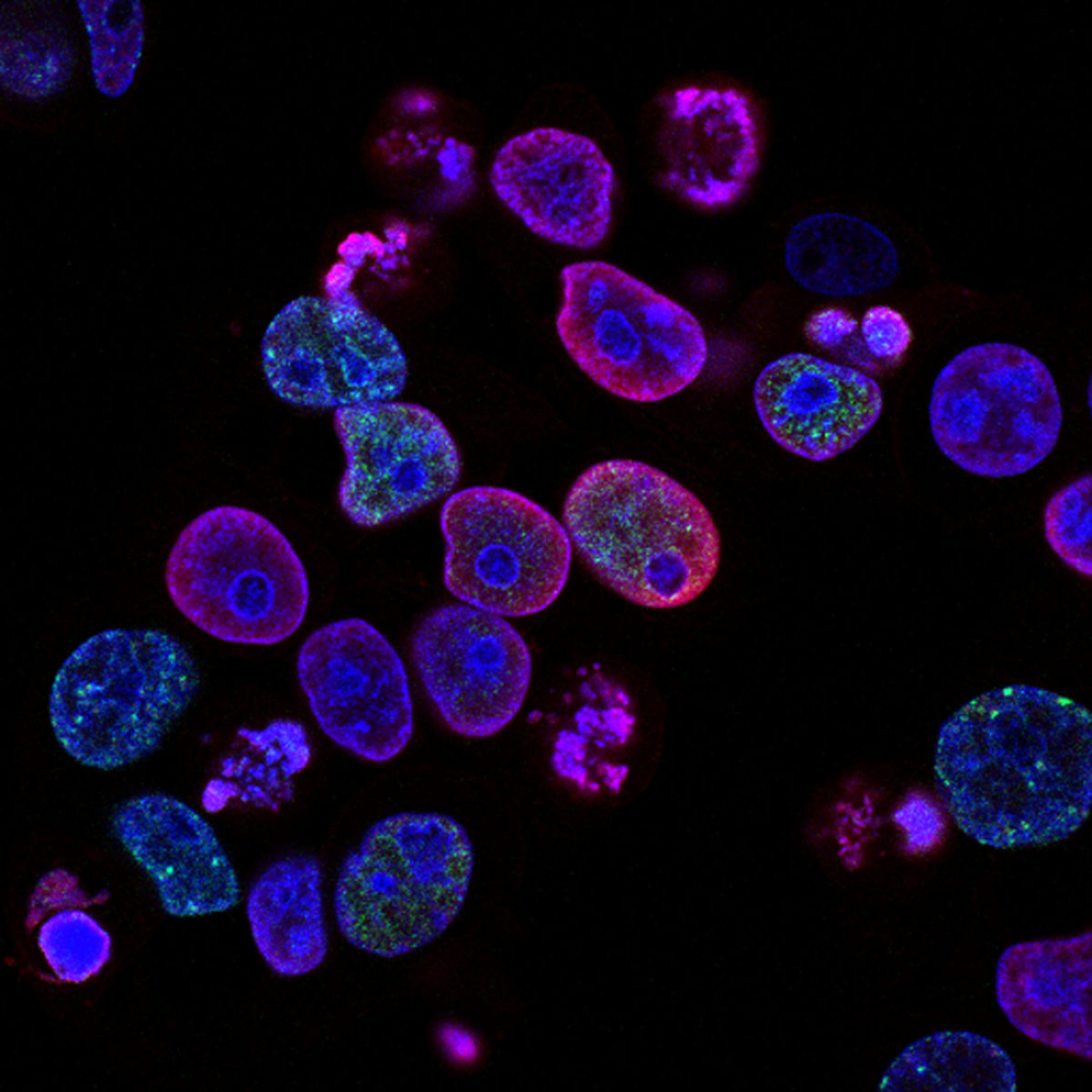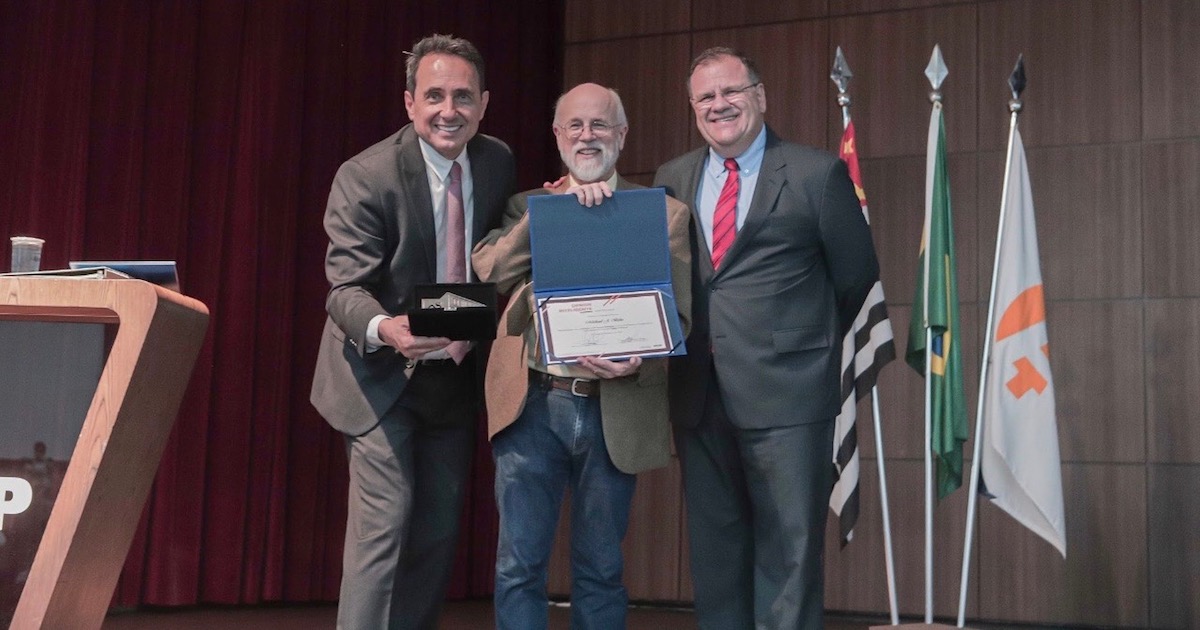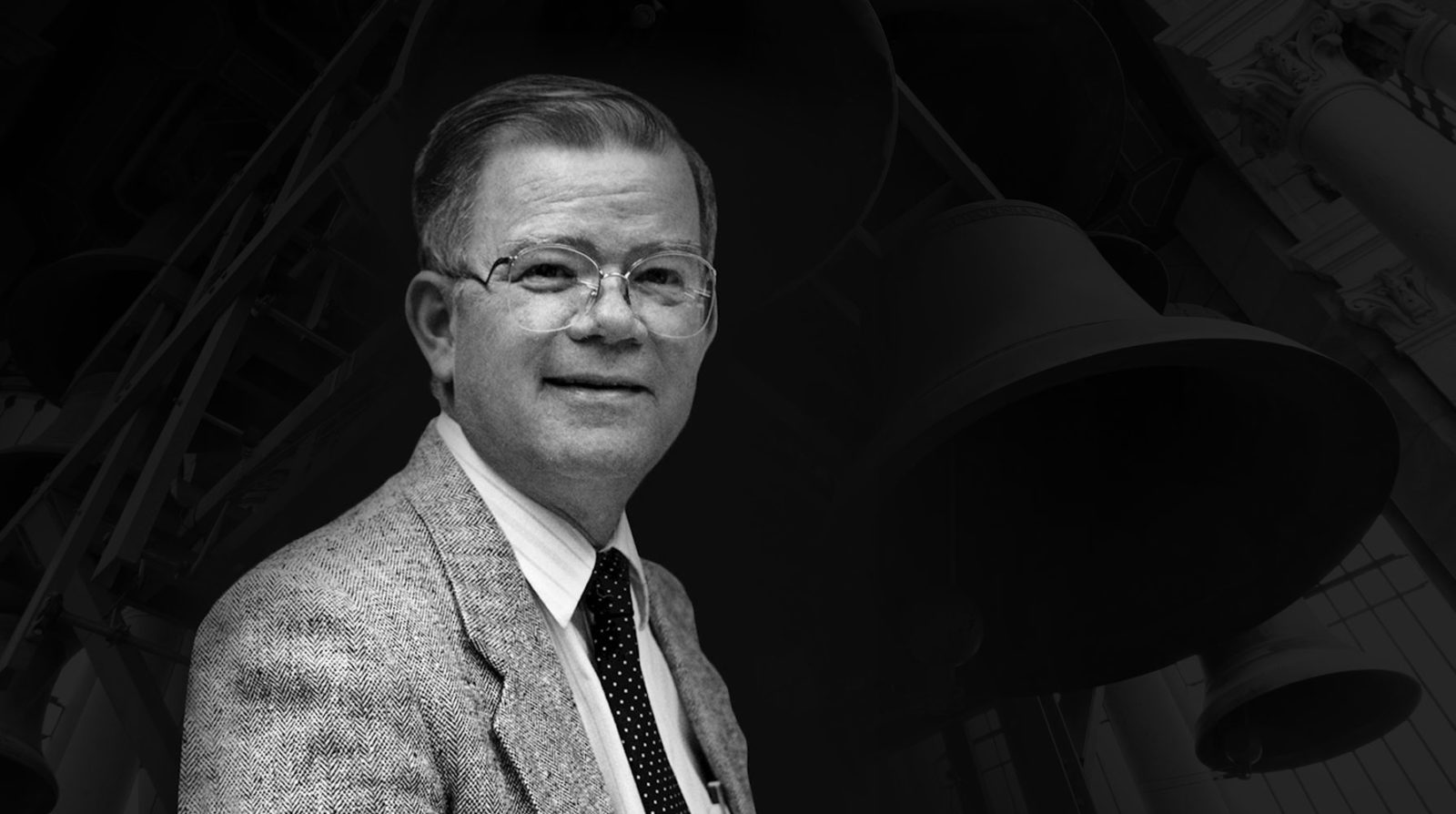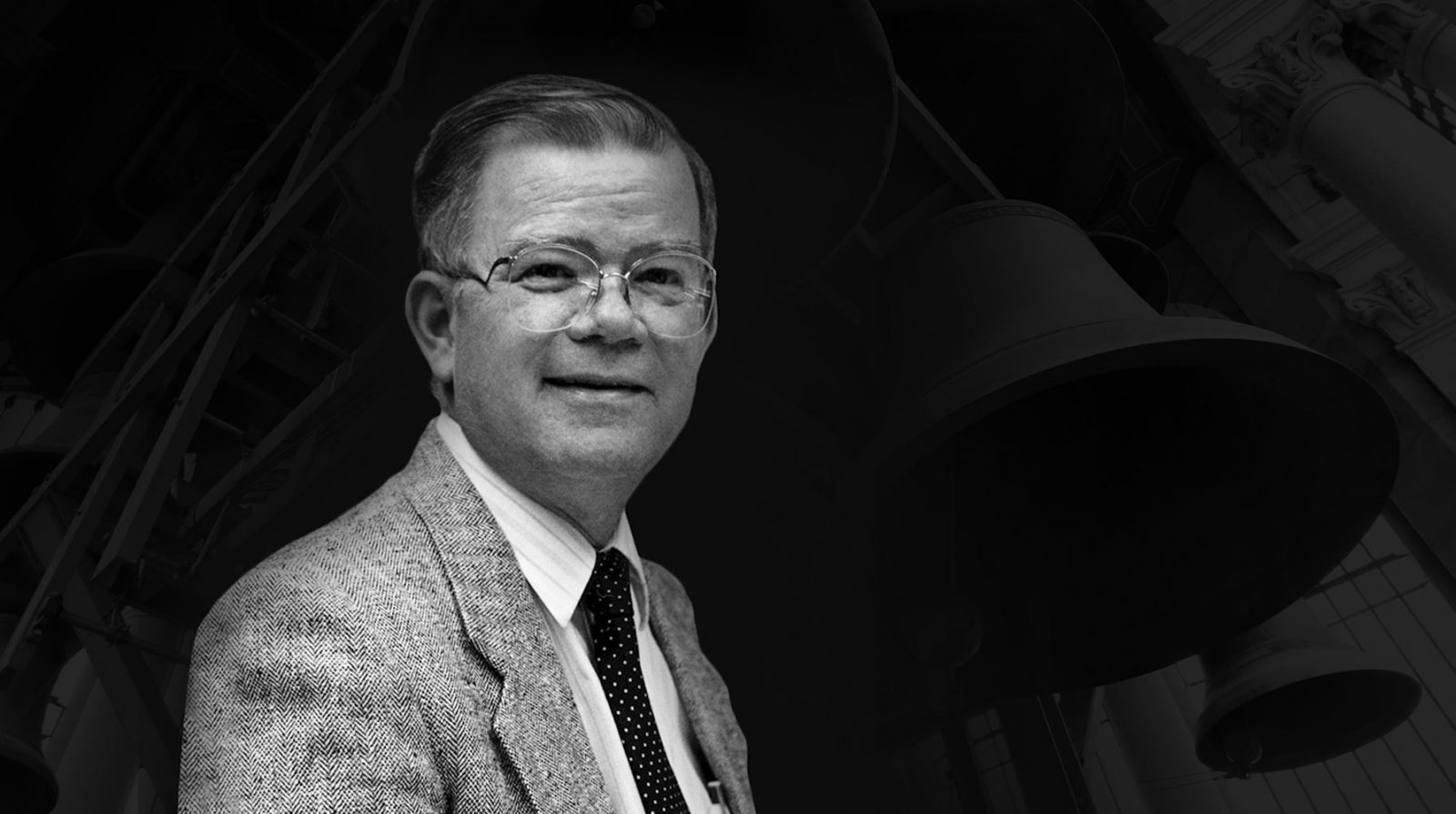
Honoring Phillip Johnson Pt. 6: Emily Johnson, Stephen Meyer
On this episode of ID the Future, we present two final, moving talks in a series honoring the late Phillip E. Johnson, author of the hit book Darwin on Trial and affectionately known as the godfather of the intelligent design movement. These two eulogies were given at his memorial service in November. The first speaker is Emily Johnson, Phillip Johnson’s daughter. The second is Stephen Meyer, director of the Discovery Institute’s Center for Science and Culture.
